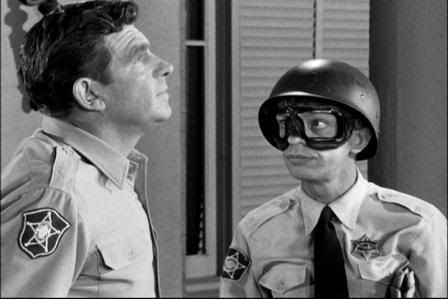What Does A Sheriff Do?
The duties of a county (or city) sheriff differ a bit than those of a police chief. In fact, not all sheriffs are responsible for street-type law enforcement, such as patrol. Remember, this may vary somewhat from one jurisdiction to another. In many areas the sheriff is the highest ranking law enforcement officer in the county.
Who is a sheriff?
1) Sheriffs are constitutional officers, meaning they are all elected into office by popular vote.
2) Sheriffs do not have a supervisor. They don’t have to answer to a board of supervisors or county administrator. However, any extra funding that’s not mandated by law is controlled by county government.
Sheriffs are responsible for:
1) Executing and returning process, meaning they serve all civil papers, such as divorce papers, eviction notices, lien notices, etc. They must also return a copy of the executed paperwork to the clerk of court.
2) Attending and protecting all court proceedings in the jurisdiction. A sheriff may appoint deputies to assist with all duties.
3) Preserve order at public polling places.
4) Publish announcements regarding sale of foreclosed property. The sheriff is also responsible for conducting public auctions of foreclosed property.
5) Serving eviction notices. The sheriff must sometimes forcibly remove tenants and their property from their homes or businesses.
6) Maintain the county jail and transport prisoners to and from court. The sheriff is also responsible for transporting county prisoners to state prison after they’re been sentenced by the court.
7) In many areas the sheriff is responsible for all law enforcement of their jurisdiction. Some towns do not have police departments, but all jurisdictions (with the exception of Alaska, Hawaii, and Connecticut) must have a sheriff’s office.
Sheriffs and their deputies have arrest powers in all areas of the county where they were elected, including all cities, towns, and villages located within the county.





